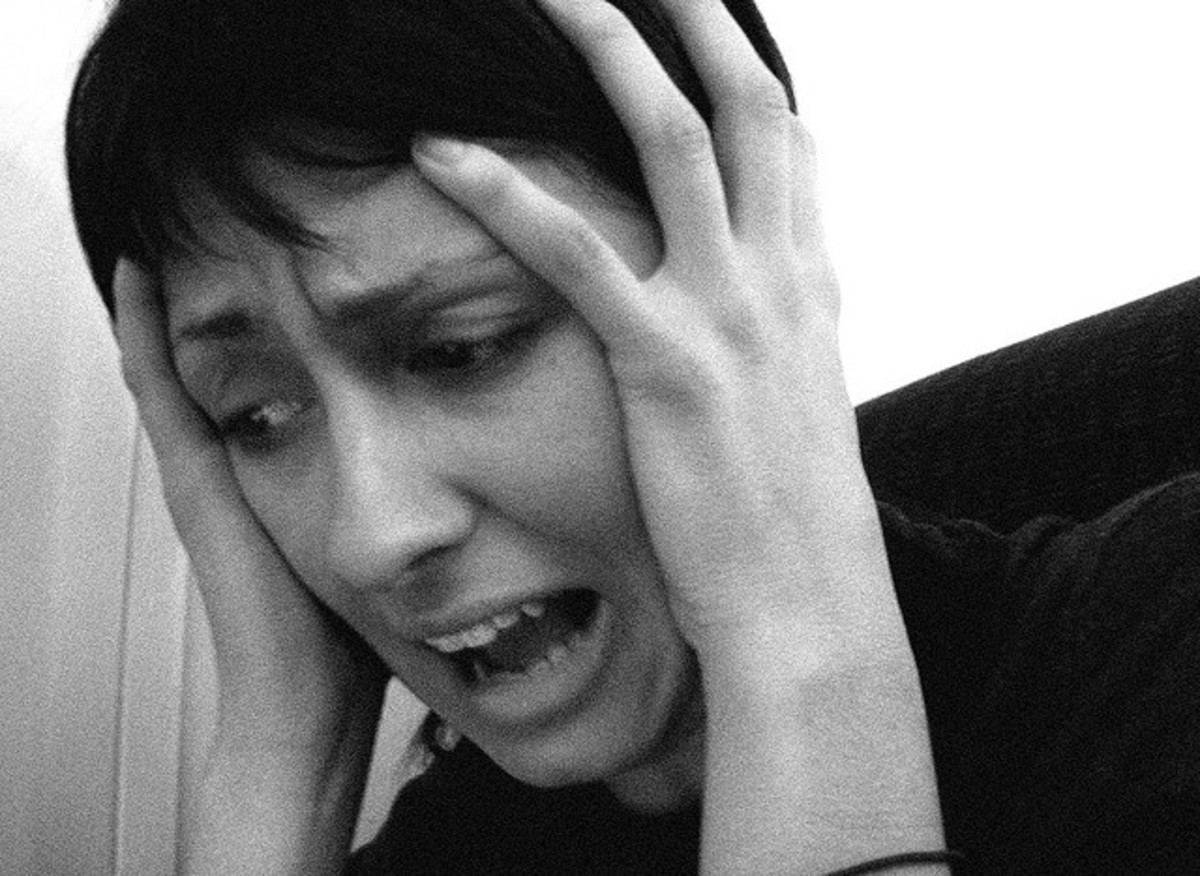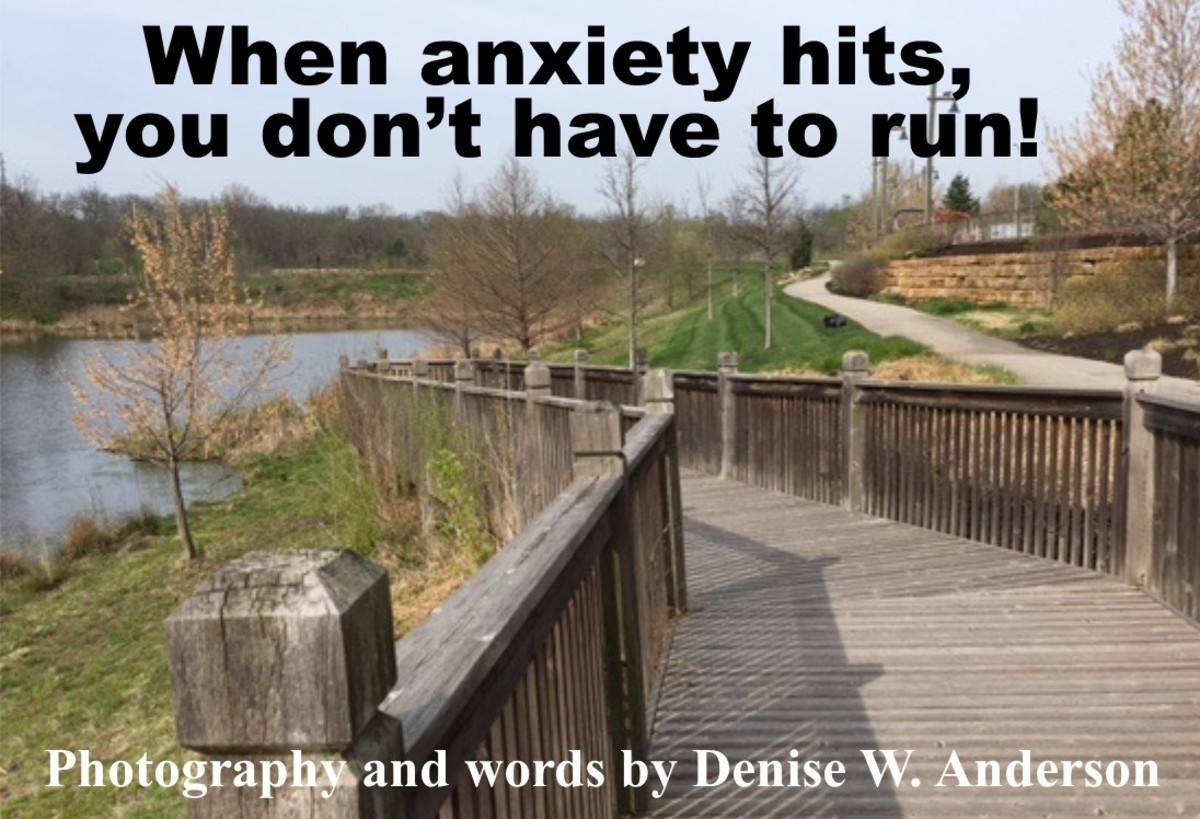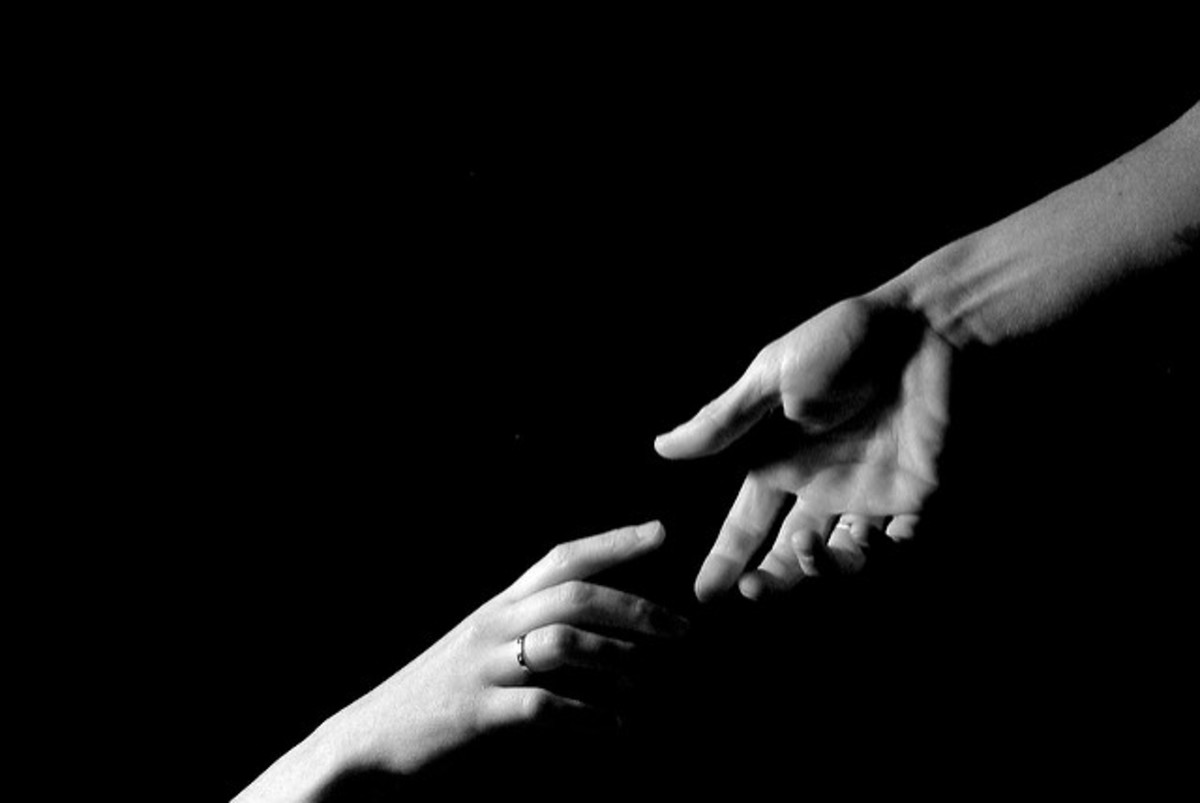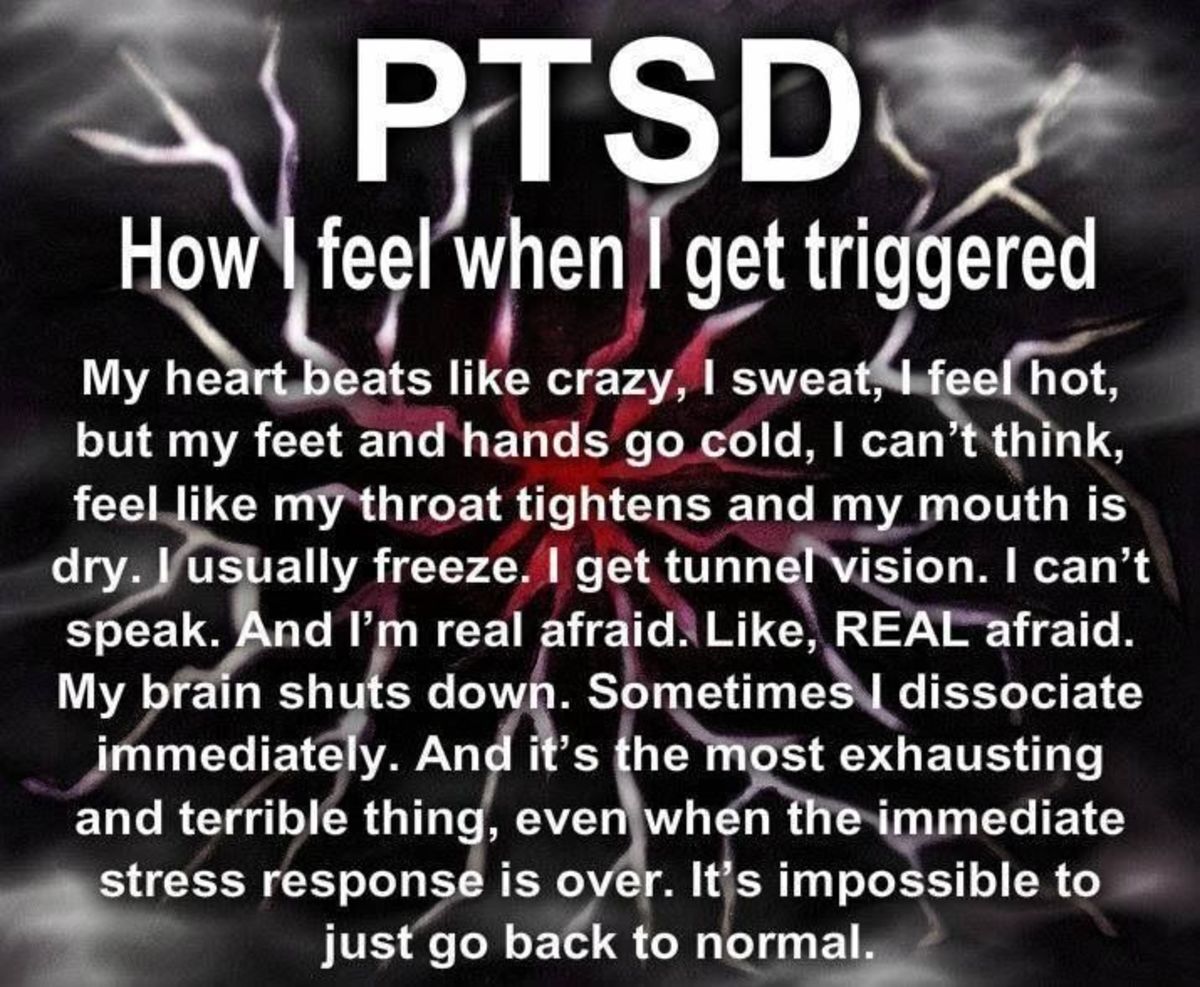Anxiety or Panic Attacks Symptoms
How do you know if your symptoms are of anxiety, a panic attack, both, or just worry or fear? With this in mind, I have created this guide of anxiety and panic attacks symptoms.
Let us first make some distinctions between anxiety and a panic attack. Anxiety involves the stress hormone cortisol, whereas a panic attack involves the fight-or-flight hormone adrenaline. So anxiety and panic attacks symptoms are similar but not the same. Anxiety involves worry, whereas a panic attack involves fear or terror. Anxiety can lead to panic attacks, hence why they are often mentioned together.
Anxiety and panic attacks symptoms can be felt by anyone when the situation genuinely requires it, and have evolved from caveman and cavewoman days. For example, if faced with an aggressive hungry wolf, our heart should beat very fast and our breathing should be very fast, so we can run fast or fight the wolf fast. But when it happens with no wolf in sight nor anything resembling the modern-day equivalent of that wolf, then the symptoms represent a problem.

Do You Have Anxiety Or Panic Attacks Symptoms Or Both?
Remember that both anxiety and panic attacks are part of the group of conditions called anxiety disorders. A panic attack feels like a particularly intense, concentrated bout of anxiety.
Anxiety Symptoms Include:
- Consuming worry. For example, worrying about saying the wrong thing to a friend, about one’s health, about where you put your phone, about what you look like, about what people will think, and worrying about worrying, to mention just a few.
- Difficulty concentrating, probably because of all that consuming worry
- Muscular tension, such as neck tension, shoulder pain, headaches, backaches, heart pain, chest pain, a constricted feeling in the throat, an almost constant knot in the stomach, shortness of breath, a racing heart, or nausea.
- Sweating when not exercising or too hot.
- Negative catastrophising thoughts about the world around you or yourself.
- Difficulty going to sleep or staying asleep.
- Trembling or shaking.
- Loss of appetite or uncontrollable need to eat.
- Feeling unreal or detached, as if not really in your body.
Panic Attacks
A panic attack involves sudden fear or terror that happens almost out of the blue and can happen at any time. The fear may be so intense that the person is not aware of feeling fear but is terrified of the physical symptoms instead.
Panic attack symptoms usually include four or more of the following. The worst of the symptoms last usually no longer than 10 minutes before they subside, although some may carry on for longer.
Panic Attacks Symptoms
- Heart palpitations, a racing heartbeat, and/or chest pains that feel like a heart attack. When the sufferer goes to hospital and gets put on the ECG, it is found that their heart is perfectly healthy.
- Sweating for no obvious reason.
- Trembling or shaking for no obvious reason.
- Hyperventilating, feeling short of breath, feeling like you cannot breathe.
- Choking, tight-throat feeling.
- Feeling sick in your tummy or an urgent need to go to the toilet.
- Feeling dizzy, unsteady, light-headed, or faint
- Feeling too cold or too hot.
- “Pins and needles” numbness feelings in the arms or legs.
- Feeling unreal or feeling out of your body.
- Feeling like you’re going to die.
- Feeling like you are going mad.
Anxiety or Panic Attacks Symptoms Need Not Be Forever!
Almost all of these symptoms are physical. The good news is that there are now methods that not only attempt to talk you out of feeling these symptoms, but also address the physical at the same time. This genre of methods is a new one called Energy. It is not psychology nor physiology, but Energy. It can work to release anxiety and panic attack symptoms from the root. Examples of good and popular Energy modalities for anxiety or panic attacks symptoms are EFT (Emotional Freedom Techniques) Tapping, Reiki, and Chakra Balancing. All can be performed by an expert, and the expert that you get on best with, if they are of sufficiently skilled, can do your sessions online as well as in person, so that you are not tied to a practitioner just because they happen to be near you.
So, now you know whether yours are symptoms of anxiety or panic attacks, or both. And you have three good suggestions for ways forward.
From One Who Has Known Anxiety And Panic Attacks And Got Rid Of Them

This content is accurate and true to the best of the author’s knowledge and is not meant to substitute for formal and individualized advice from a qualified professional.
© 2020 Suzanne Zacharia








